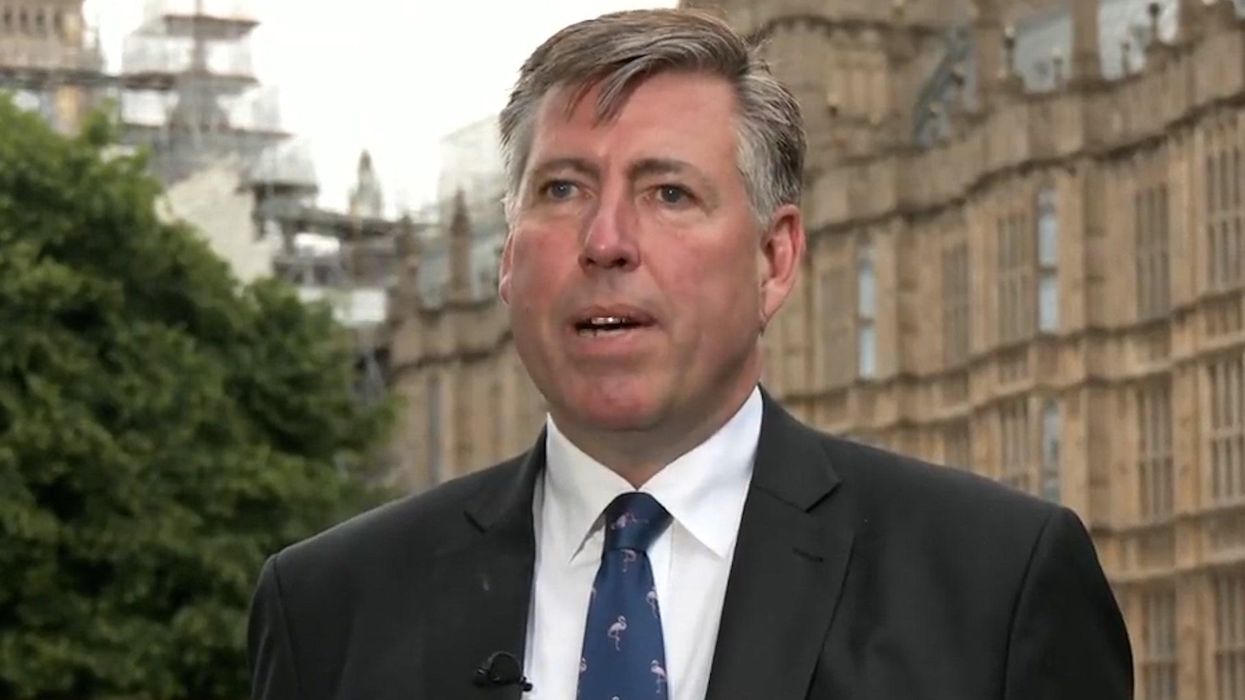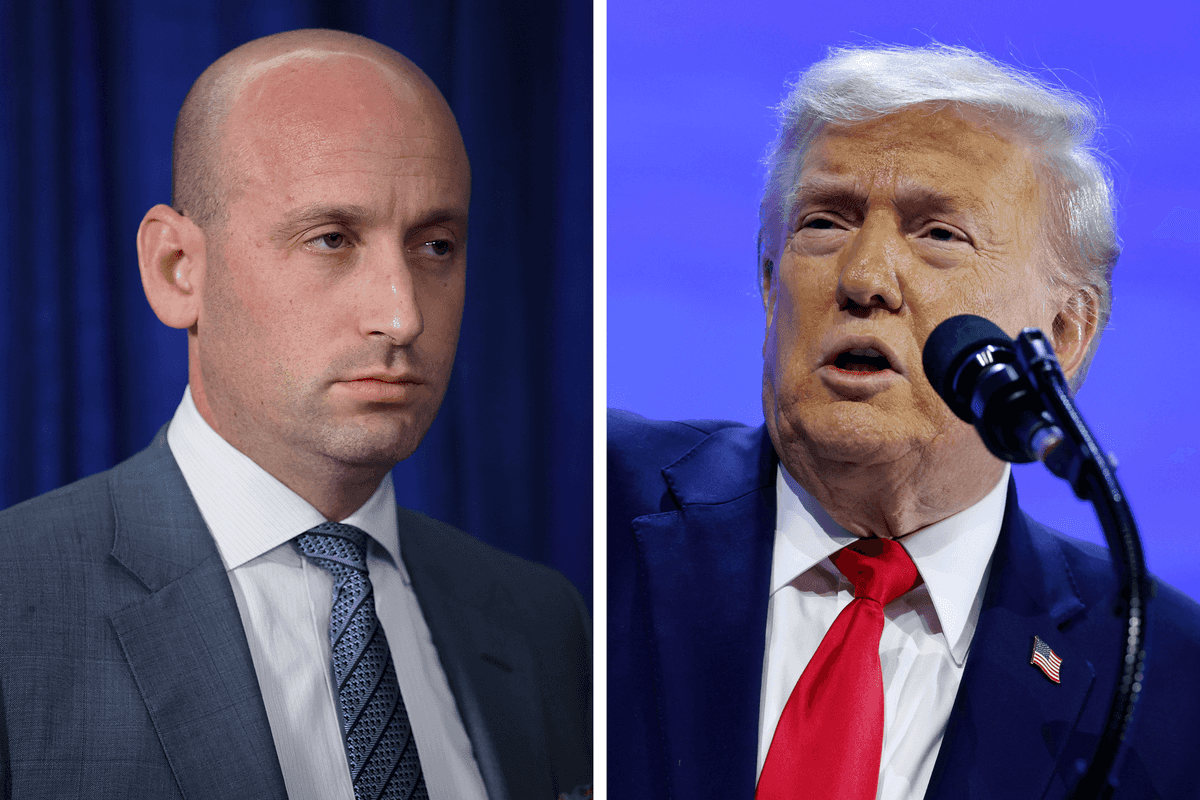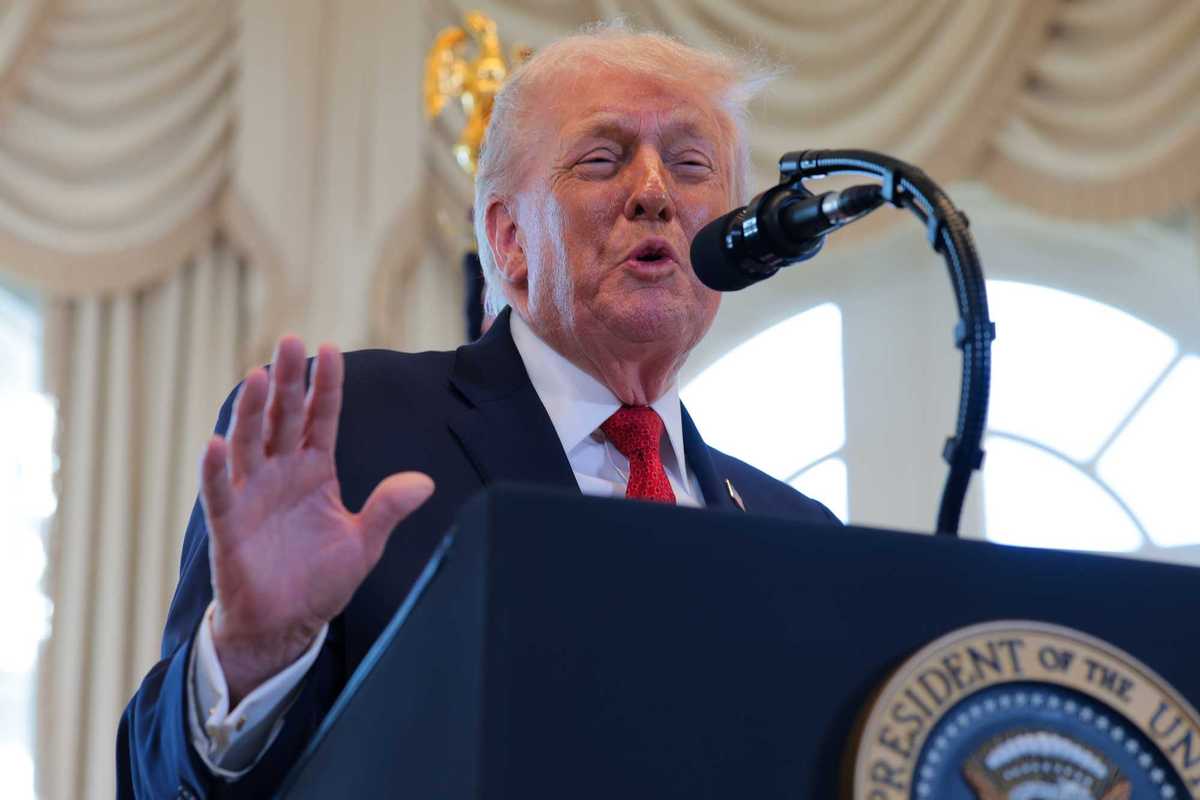Kate Plummer
Jun 06, 2022
Boris Johnson wanted no-confidence vote to happen as soon as possible, Brady ...
Indy
Boris Johnson's future hangs in the balance.
Today, after months and months of Partygate hangovers that even the strongest painkiller couldn't shift, enough MPs have submitted letters of no confidence in their leader to trigger a vote among Tory MPs to settle the issue, which takes place tonight.
The vote, which takes place between 6pm and 8pm, could see Johnson leave office in disgrace or stay safe(ish) for another year.
He needs the support of over half his party to cling onto power and even if he gets that, he might not be safe.
Sign up to our free Indy100 weekly newsletter
Here's everything you need to know about the most chaotic day in British politics this year:
What will happen if Johnson wins?
Under party rules, a leader who wins a confidence vote is safe from another challenge for a year, so some are saying this vote might actually help Johnson.
Except the rules can be changed and if he wins by a narrow margin it might be expected for him to eventually resign, as Theresa May did (more on her later).
\u201cIf Mr Johnson wins tonight the rules say he can\u2019t be challenged again for a year. But in practice these rules are flexible and permeable \u2014 especially if he only limps over the winning line.\u201d— Andrew Neil (@Andrew Neil) 1654503085
And what if he loses?
If Johnson fails to muster up the support of over half of the Tory party, they will choose a new leader and thus a new prime minister. Given the UK needs a prime minister in post at all times, even if that PM is Johnson, he will work until they pick a successor, but we all know how our attitudes to work go when working notice periods so it's doubtful he will do anything major in that time.
Indeed, if Johnson decided he wanted to leave immediately, an interim PM would be needed. Dominic Raab is deputy prime minister so it is likely it would be him, especially as he acted as a stand in for Johnson while the PM was undergoing hospital treatment for Covid in Spring 2020.
Then, in terms of selecting a new leader, members will vote on a choice of two candidates, whittled down by an earlier series of votes among Tory MPs.
MPs including Jeremy Hunt are expected to throw their hat into the ring if Johnson has to pack his bags.
\u201cAnyone who believes our country is stronger, fairer & more prosperous when led by Conservatives should reflect that the consequence of not changing will be to hand the country to others who do not share those values. Today\u2019s decision is change or lose. I will be voting for change\u201d— Jeremy Hunt (@Jeremy Hunt) 1654509025
What happened to previous PMs who faced no confidence votes?
MPs have a long history of not being that confident in their leader, which isn't alarming at all.
The 1742 vote of no confidence in the government of Sir Robert Walpole was the first time that a prime minister of Great Britain resigned after a vote of no confidence.
There were a fair few in between but fast forward a couple of centuries to 1979 when then opposition leader Margaret Thatcher brought the vote of no confidence against the former Labour PM James Callaghan who lost by a single vote, 311 to 310, triggering a general election.
Eleven years later, the Tories also ousted Thatcher in 1990 after she won one vote of no confidence. However, because the margin of her victory was just short of 15 per cent a second vote would have to be required. As a result, she pulled out and resigned because of substantial political pressure.
John Major became the next leader and while he never faced an official confidence vote, in 1993 he made one himself amid tensions about the EU. He won.
Most recently in modern political history, Theresa May announced her resignation date in July 2019 after a vote whittled away her authority. She had won a vote of no confidence in December 2017 brought upon by MPs annoyed at her Brexit policy by 200 votes to 117 but there were threats there would be a second vote if she didn't resign so off she went, paving the way for no other than one Boris Johnson to become the next leader and prime minister.
The fact that a similar course of events could mark the end for Johnson's political career is very ironic indeed.
Have your say in our news democracy. Click the upvote icon at the top of the page to help raise this article through the indy100 rankings.
Top 100
The Conversation (0)














